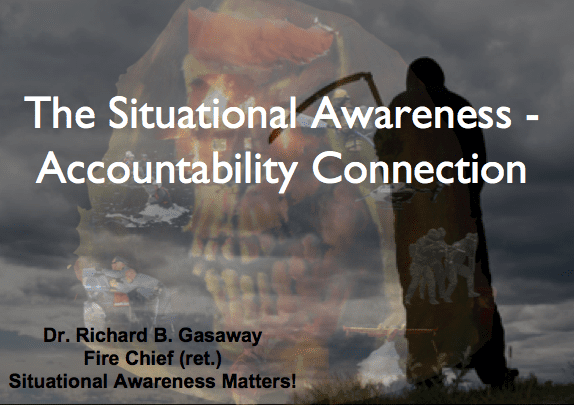Selective Listening Can Be A Barrier To Situational Awareness
Because first responders frequently operate in environments where there are multiple auditory inputs (e.g., radio traffic, face-to-face communications, ambient sounds, etc.) they are often forced to prioritize what they listen to (or don’t listen to). This can cause issues with situational awareness.
Selective Listening Can Be A Barrier To Situational Awareness Read More »










